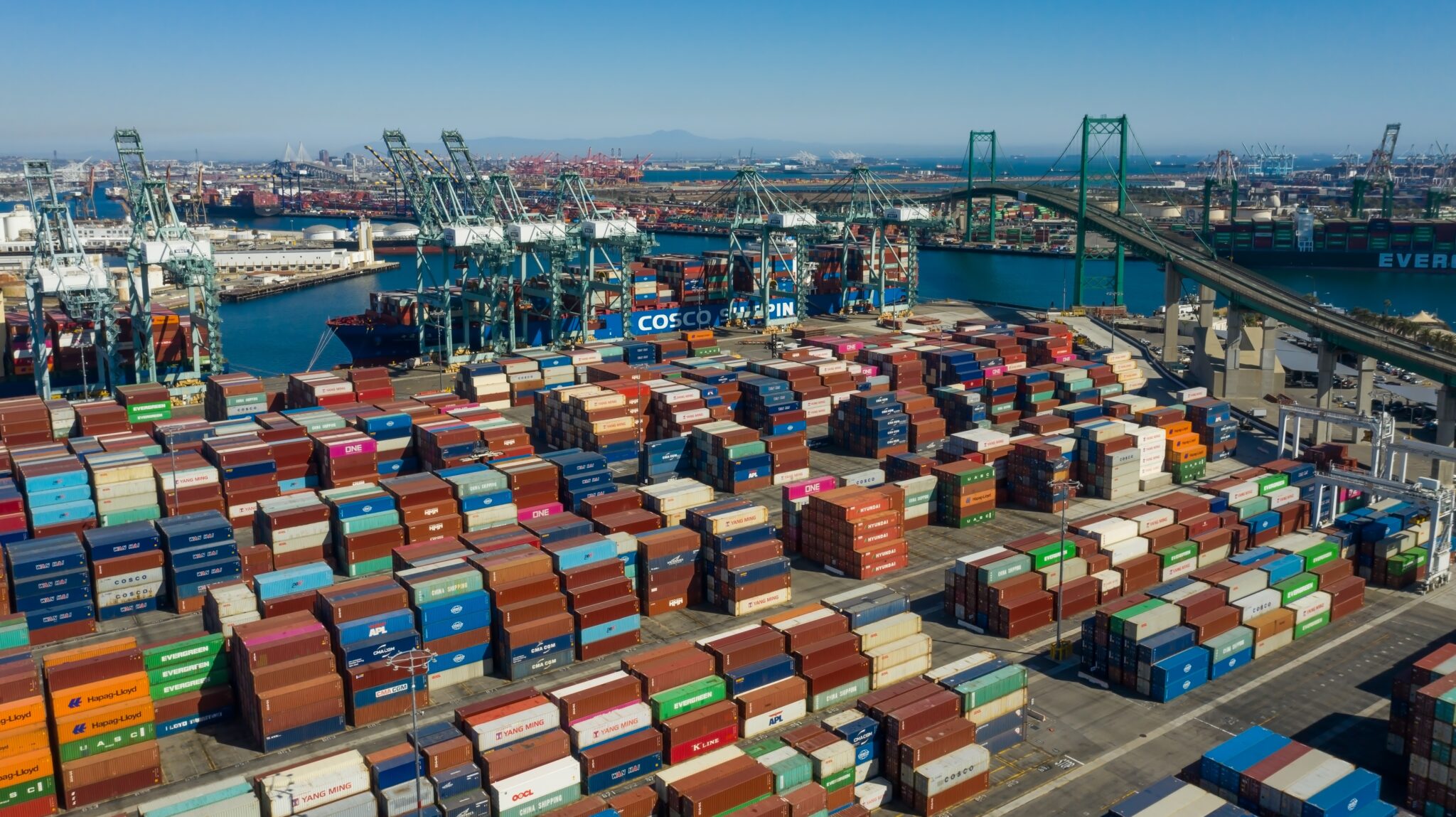
06 Jul British Columbia Ports Shutdown: Negotiations Stalled, Impacting Canadian Economy
The latest developments regarding the ongoing labor conflict at the ports of British Columbia. Since July 5th, the ports have remained shut down, and negotiations aimed at resolving the dispute have reached a stalemate. Both sides involved in the conflict have engaged in a blame game, prolonging the impasse and exacerbating the consequences for the Canadian economy.
In a recent statement, the British Columbia Maritime Employers Association (BCMEA) expressed their hope that the pause in negotiations would serve as a reset. However, the International Longshore and Warehouse Union Canada (ILWU) has shown no indication of willingness to modify their position, thereby hindering progress. The BCMEA stands ready to re-engage in negotiations at a moment’s notice, but only if ILWU Canada puts forward a reasonable proposal. The association remains in close contact with the Federal Mediation and Conciliation Service to determine the next steps. The BCMEA is acutely aware of the dire impact this ongoing strike is having on Canada’s economy and its citizens, and they are committed to reaching a fair and balanced deal that will allow the ports to reopen and goods to resume flowing as soon as possible. Negotiating a mutually beneficial agreement with ILWU Canada at the bargaining table is their preferred course of action, but they are also open to the option of voluntary mediation-arbitration to restore stability to the supply chain.
Conversely, ILWU has issued a statement urging the BCMEA to return to the negotiating table and work together to achieve a fair and reasonable agreement. They emphasize that imposing a collective agreement will not result in long-term labor stability within the industry. ILWU Canada believes that both parties need to prioritize the greater good of the entire country instead of pursuing individual aims. They express their hope that the BCMEA will not rely on the threat of back-to-work legislation and binding arbitration to avoid engaging in bargaining with the Union. ILWU also raises concerns about the BCMEA using its extensive resources and connections to vilify the Union and instill fear in the public with tales of economic disaster. ILWU Canada urges the BCMEA to rise to the occasion, engage in meaningful dialogue, and work towards a resolution.
As of now, shipping lines have not announced any changes in vessel routings. However, ships arriving on the BC coast are currently anchoring just outside the Ports of Vancouver and Prince Rupert to manage the situation. To avoid congestion within their networks, CN and CPKS have taken proactive measures such as closing international services to British Columbia ports and augmenting capacity at the Ports of Montreal, Halifax, and Saint John.
The severity of this situation has not gone unnoticed. Numerous industry associations, business leaders, and local and provincial politicians have publicly called upon the Canadian government to intervene. They highlight the significant impact this ongoing strike is having on the Canadian economy and express concerns about the reliability of Canada’s supply chain.
In these challenging times, we want to assure you that our sales and operations staff are available to address any specific questions or concerns you may have. We understand the gravity of the situation and will continue to provide you with general updates as the situation evolves.
As the ports of British Columbia remain shut down, negotiations at a standstill, and the consequences reverberating throughout Canada’s economy, we sincerely hope for a swift resolution to this labor conflict. Only by working together can we overcome these challenges and restore the normal flow of goods, benefiting not only the Canadian economy but also our valued clients and partners.

